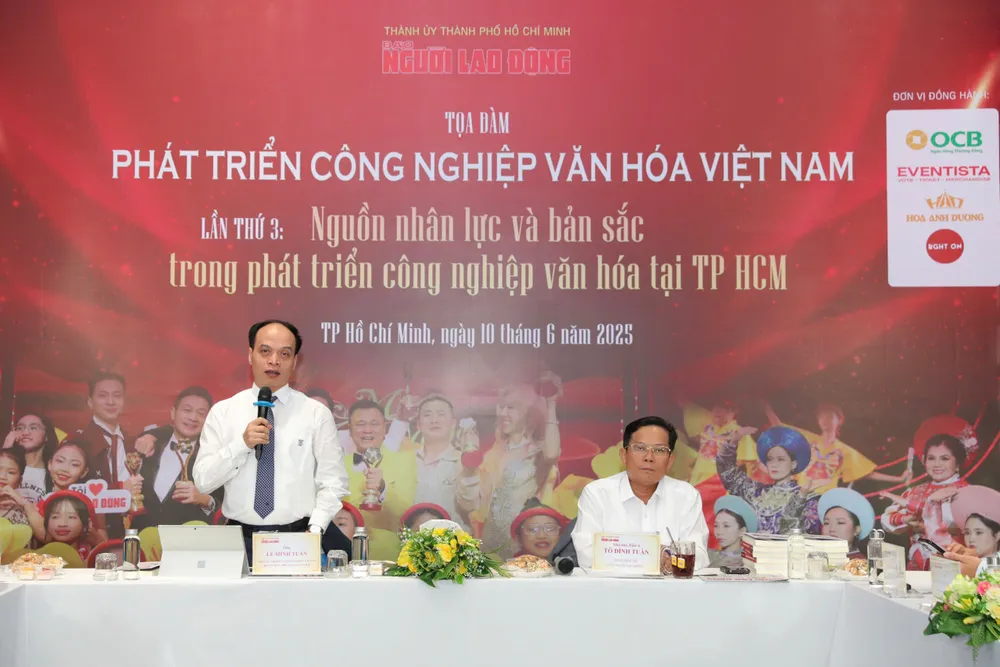
The program attracted the participation of researchers, experts, managers and artists in Ho Chi Minh City. The delegates focused on discussing many key issues such as: building a team of cultural human resources with professional qualifications and cultural production management capacity; ways to preserve and develop cultural identity.
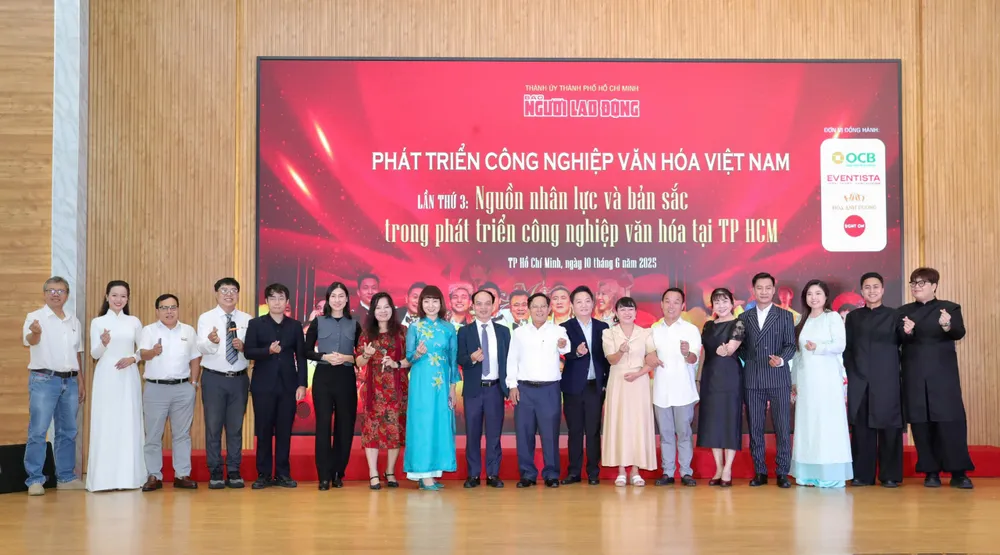
Cultural industry development must start with people.
Speaking at the seminar, journalist To Dinh Tuan, Editor-in-Chief of Nguoi Lao Dong Newspaper, emphasized: Ho Chi Minh City is a major economic and cultural center of the country, playing a pioneering role in developing the cultural industry. However, in the context of globalization and deep integration, the demand for high-quality human resources with strong Vietnamese identity is becoming an urgent problem.
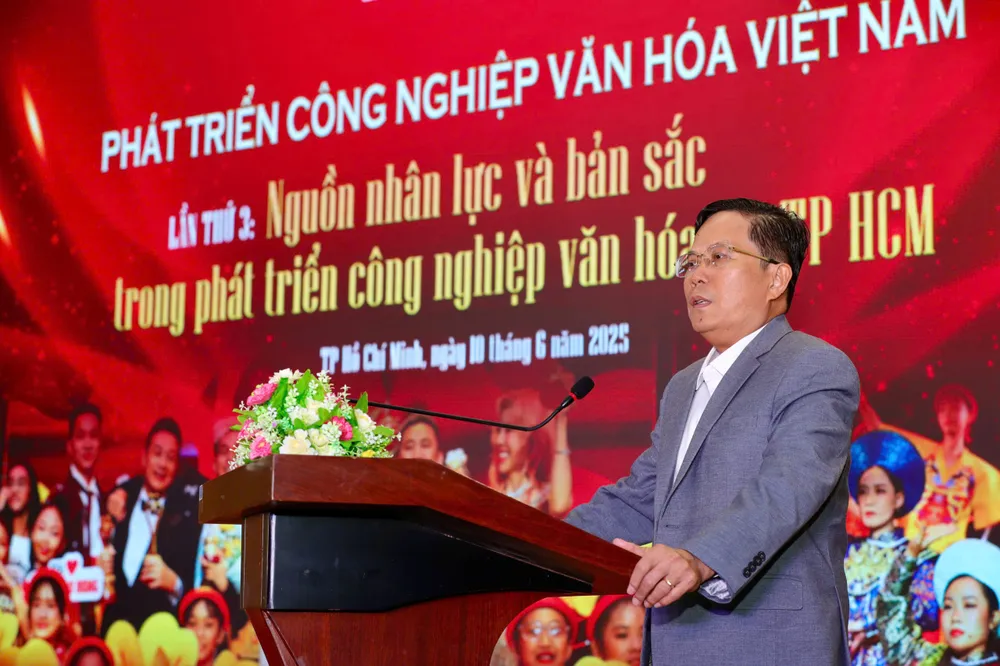
From the perspective of state management, Mr. Le Minh Tuan - Deputy Director of the Copyright Department (Ministry of Culture, Sports and Tourism) said: Human resource development is not only for the arts and culture sector but is a common requirement for many sectors. The Government has directed the mobilization of artists to teach at training facilities to pass on their skills to the younger generation, especially in specific art fields such as performance and cinema.
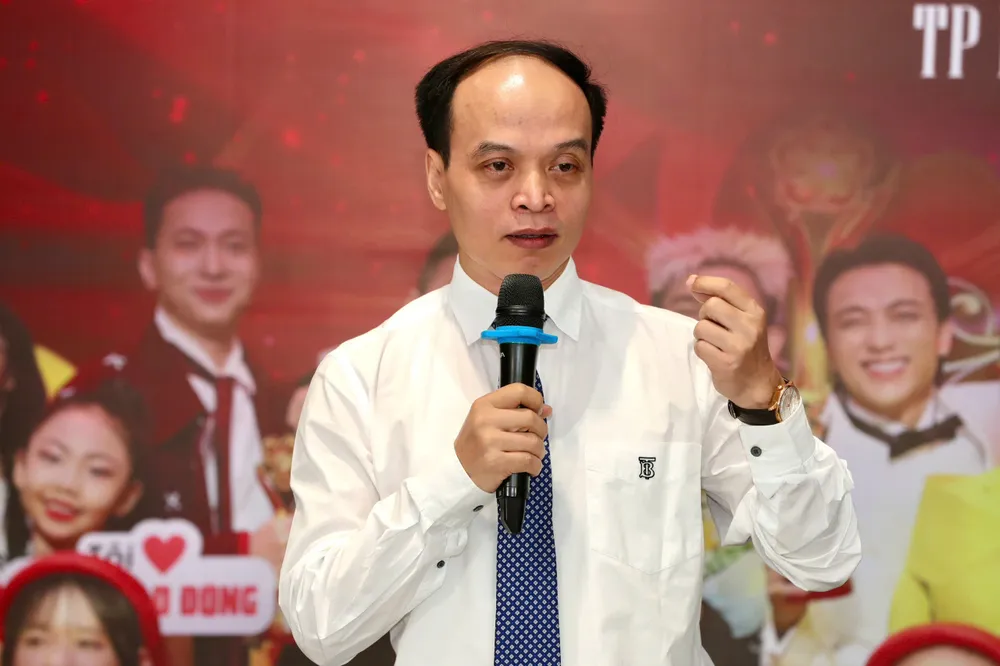
Mr. Nguyen Tan Kiet, Head of the Department of Art Management (Department of Culture and Sports of Ho Chi Minh City), said that the city is promoting training and supporting creative activities, while building a favorable legal mechanism, promoting existing potential to develop a team of professional and methodical workers.
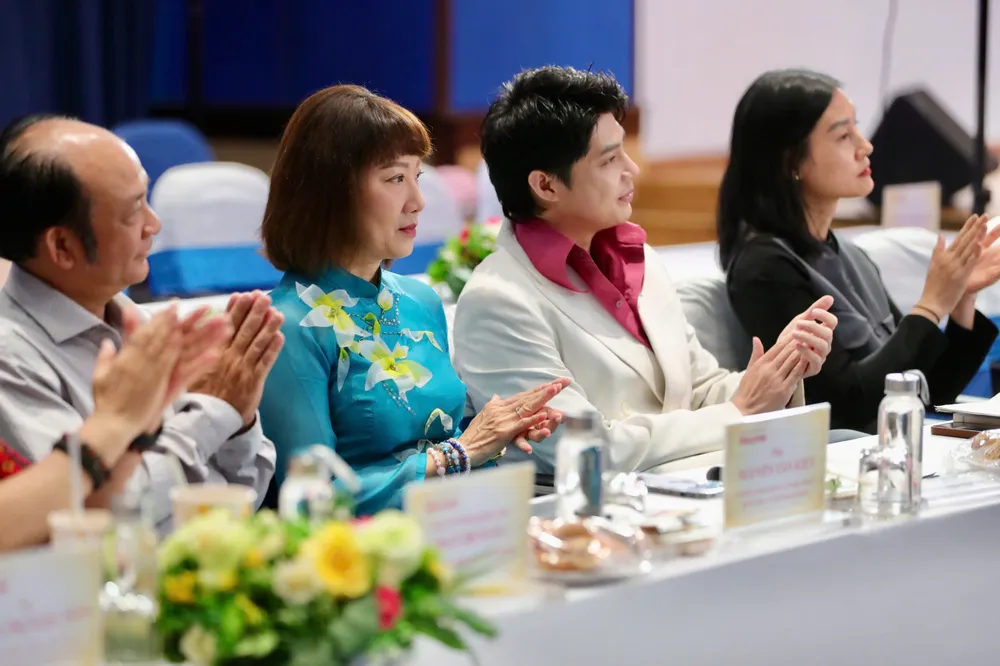
Cultural identity – the fulcrum of creativity
According to Associate Professor Dr. Phan Bich Ha, cultural identity does not lie in abstract concepts but is expressed in memories and daily behaviors. Incorporating identity elements into creative products in a subtle and unique way will be the key for Vietnamese cultural industry to make its mark.
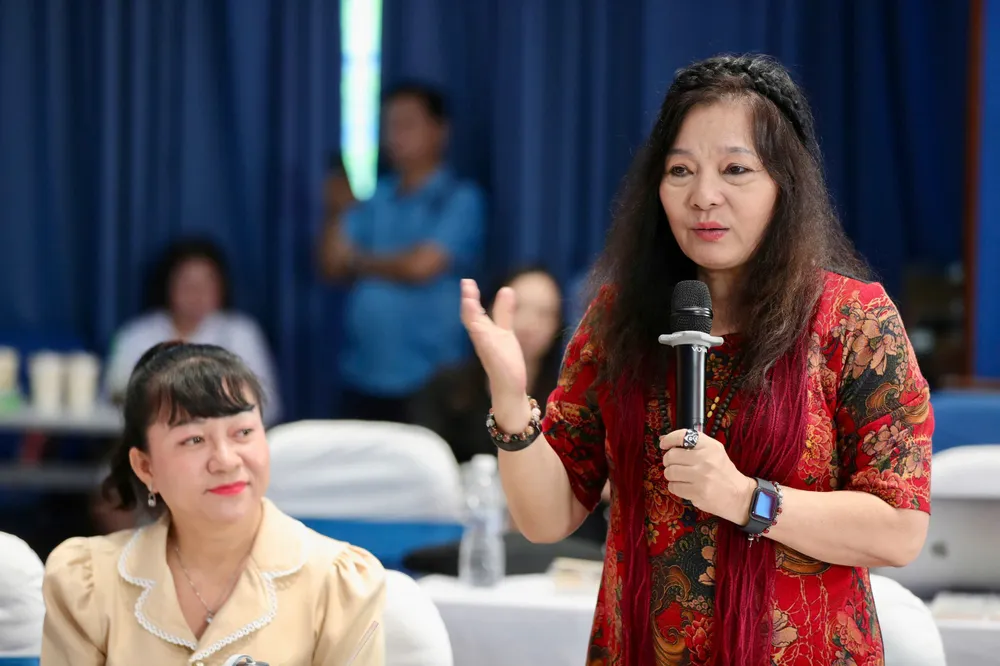
People's Artist My Uyen said that Ho Chi Minh City already has a foundation of cultural space and local human resources, the current problem is knowing how to exploit local identity to write cultural "stories" that have widespread influence.
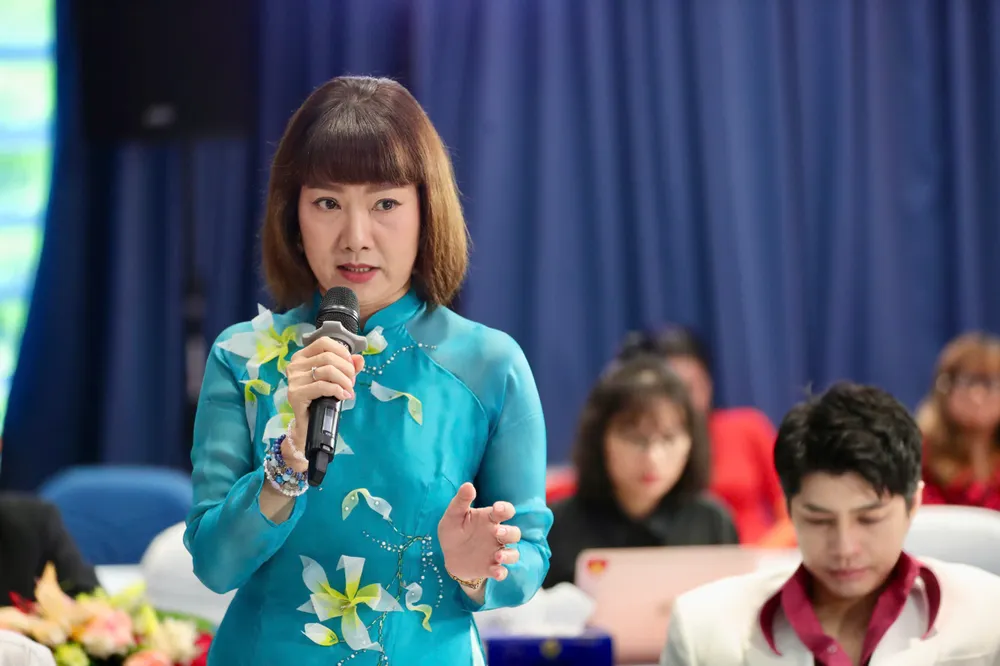
Designer Viet Hung shared that the path of developing identity is not easy, because it does not bring immediate financial efficiency. However, for those in the profession, it is the motivation to preserve and spread Vietnamese culture through profound works.
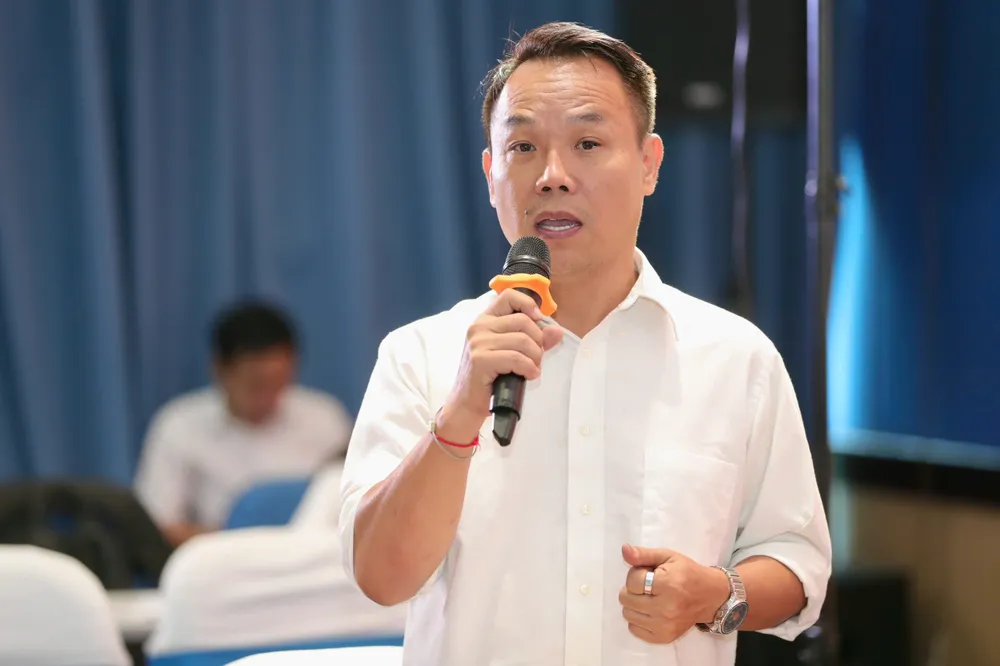
Meanwhile, singer Noo Phuoc Thinh suggested that there should be measures and actions to promote, pass on and encourage the younger generation to incorporate media elements into music products. There should also be specific plans and strategies to spread national traditional identity and patriotism to the younger generation. “Developing technology and social networking platforms to bring Vietnamese national identity, cultural communication, and traditional subjects to narrow the gap between traditional music and modern music,” he said.

Ms. Nguyen Thi Ngoc Diem, Deputy Head of the Department of Science, Culture and Arts, Propaganda and Mass Mobilization Committee of the Ho Chi Minh City Party Committee, commented: "The identity is there, the cultural industry is there. Thanks to the creativity of artists and producers who have paved the way for the past 20 years, we now have producers and artists who have initially succeeded in bringing Vietnamese identity to the world. Natural selection or public acceptance helps artists realize that in order to create works that are widely spread and supported by the audience, Vietnamese culture must be used as the standard."
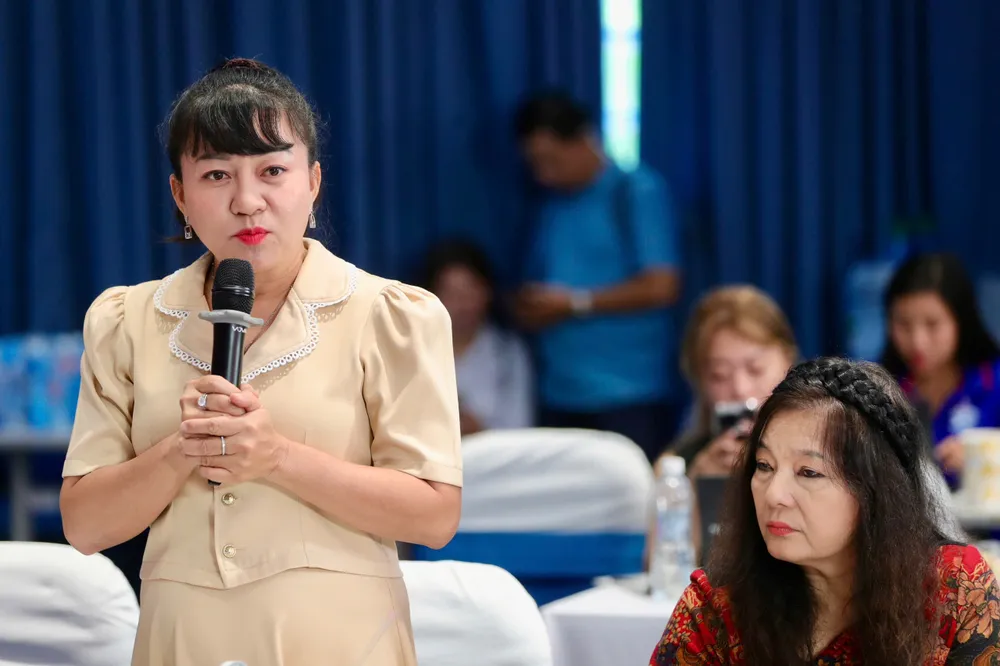
Concluding the discussion, Mr. Le Minh Tuan said that the Ministry of Culture, Sports and Tourism said: “The Government recognizes the potential and advantages of Vietnam in the field of developing the cultural industry. The Government assigned tasks not only to the Ministry of Culture, Sports and Tourism but also to all levels and sectors to strengthen the communication work of the cultural industry, develop human resources, and focus on identity as the next tasks. We are building a new strategy for developing the cultural industry, presenting the development strategy until 2030 and will issue it soon. In the coming time, it is necessary to supplement and perfect the policy mechanism, mobilize the force of artists and professionals for artistic activities and professional expertise. Participation in education and training with human resources for cultural development, the private sector also needs to focus on”.
Source: https://www.sggp.org.vn/can-con-nguoi-ban-sac-de-viet-cau-chuyen-cong-nghiep-van-hoa-post798860.html


![[Photo] General Secretary To Lam works with Lam Dong, Binh Thuan and Dak Nong provinces](https://vphoto.vietnam.vn/thumb/1200x675/vietnam/resource/IMAGE/2025/6/11/c3e736d90cda4fe78f96c9bfb68d4e0b)
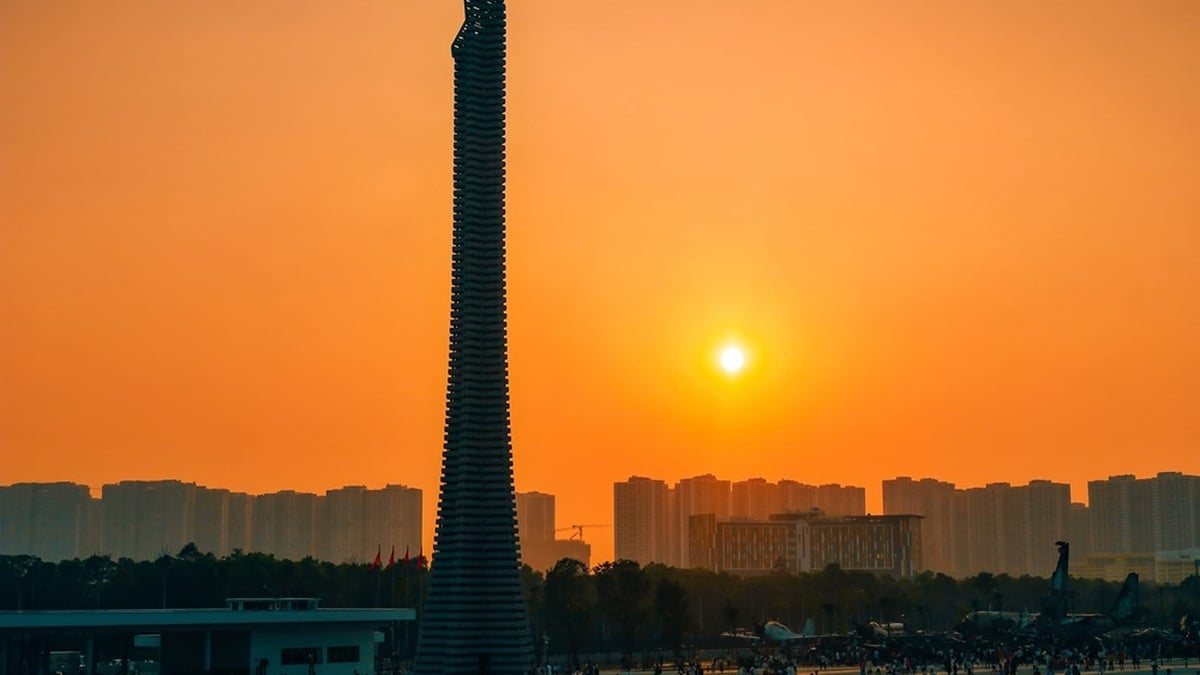



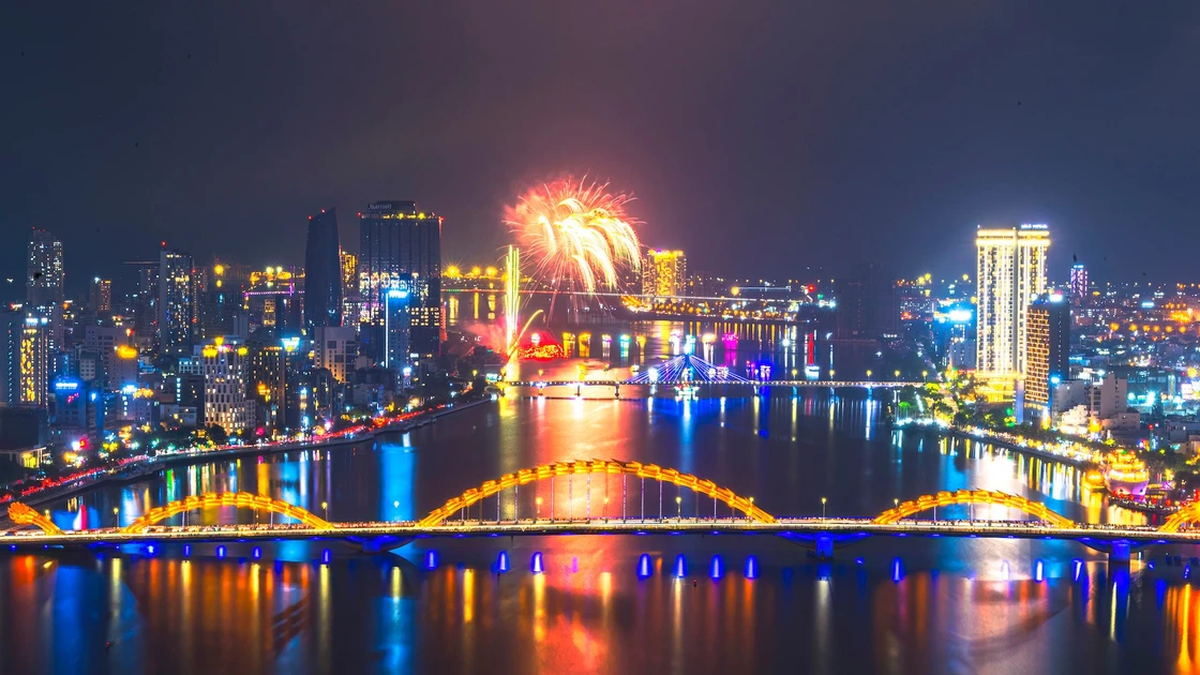



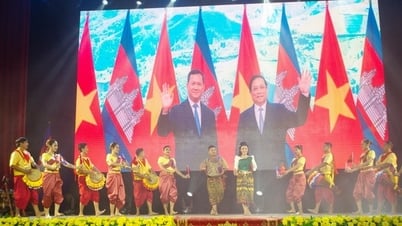

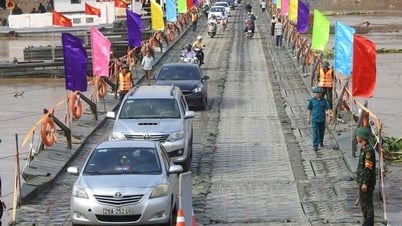
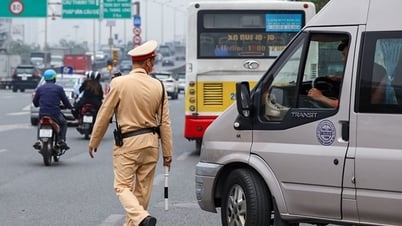






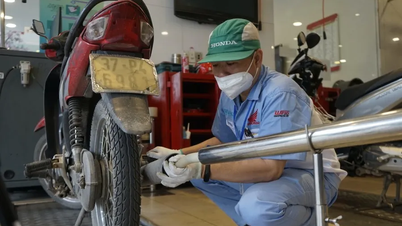
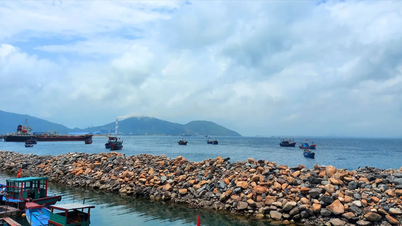
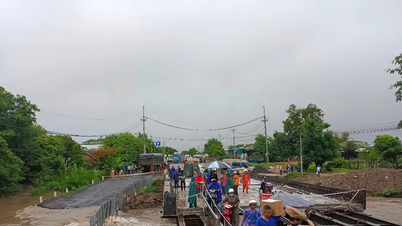
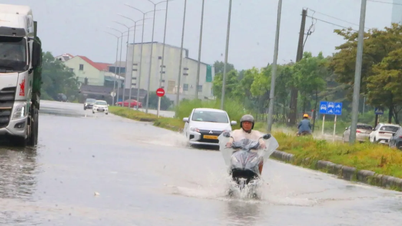
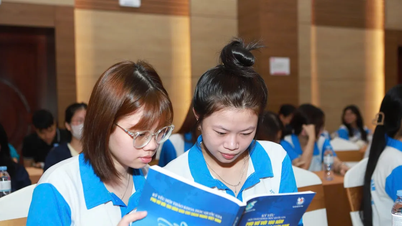






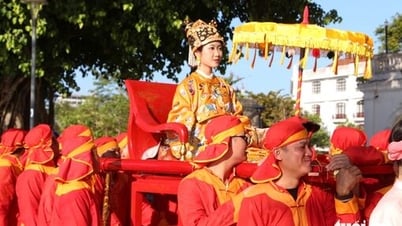

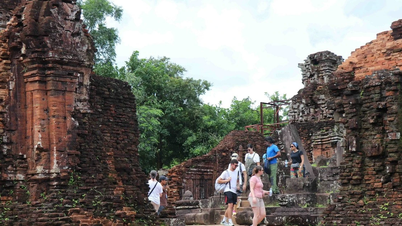


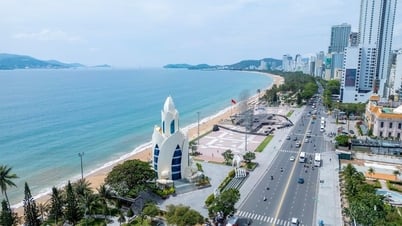

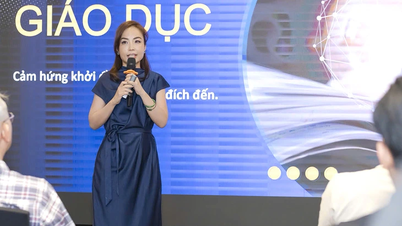
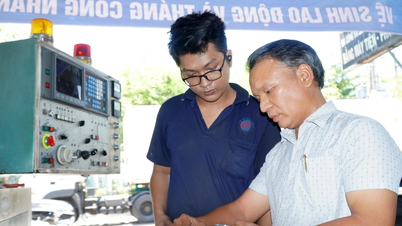


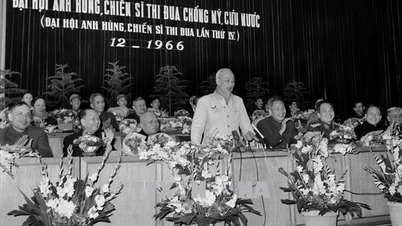




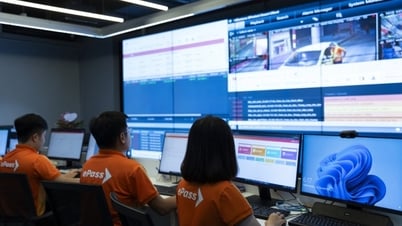
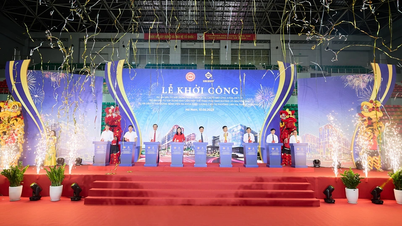



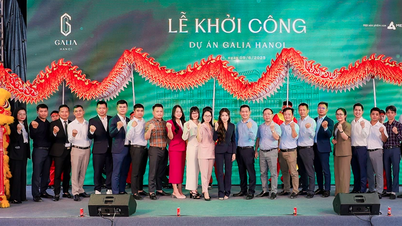


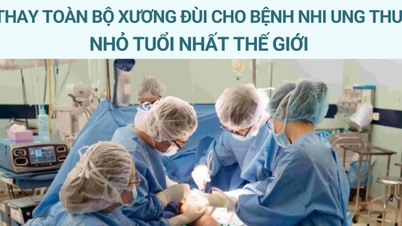
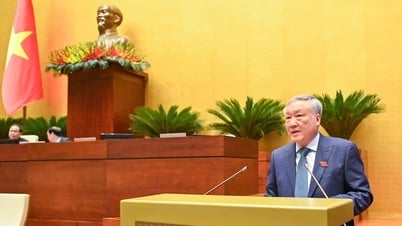

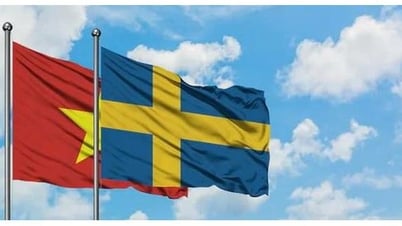
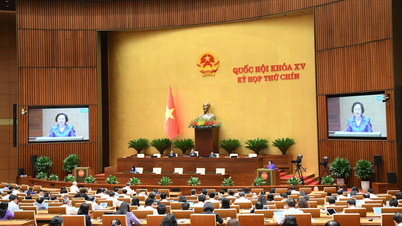
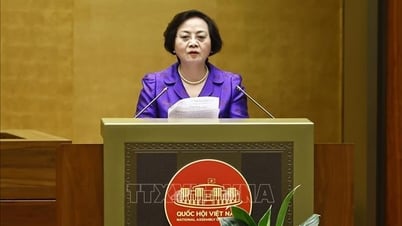








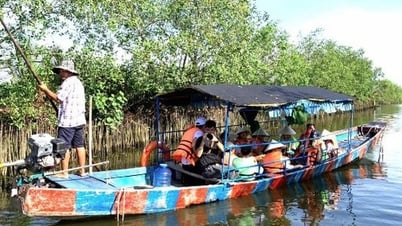
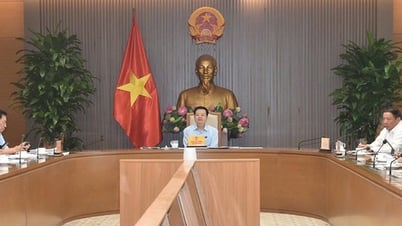
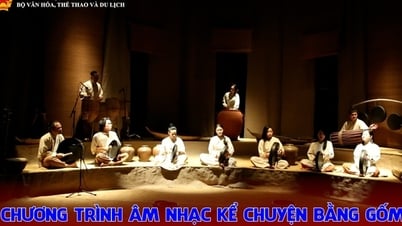






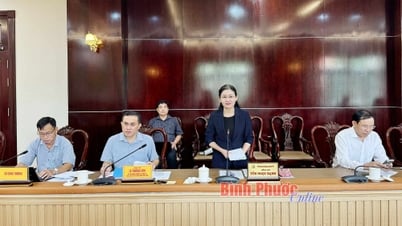

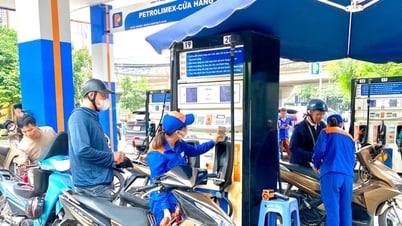



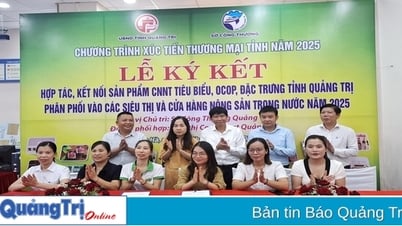

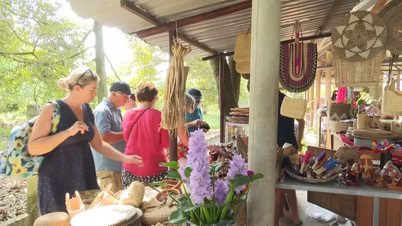

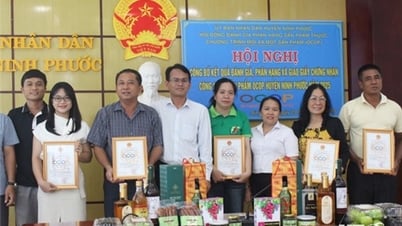

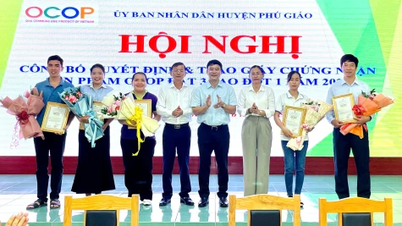





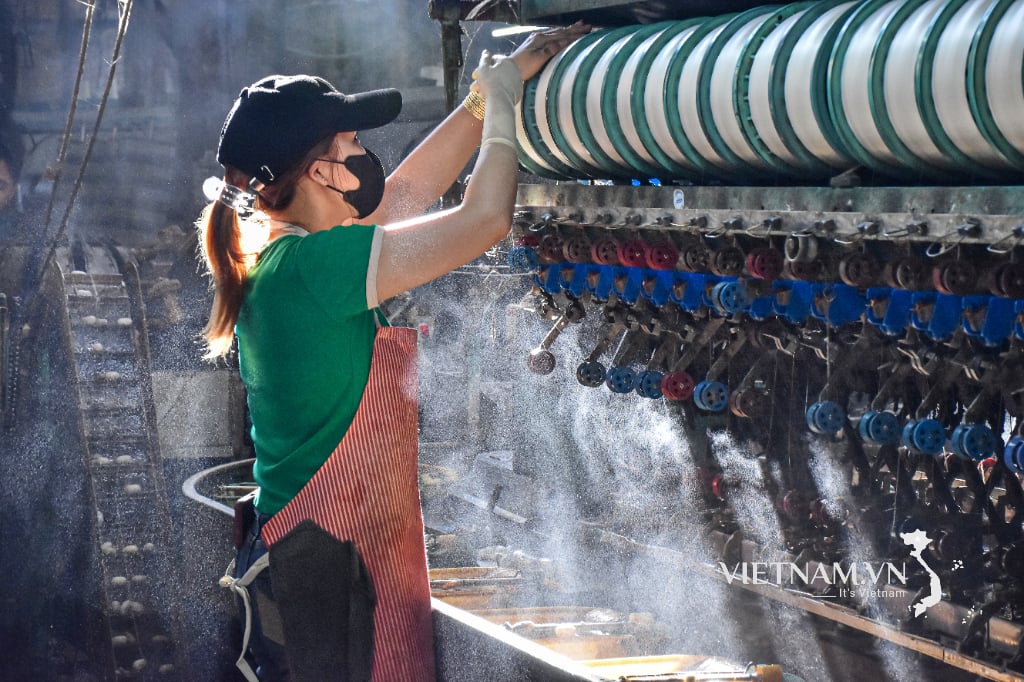
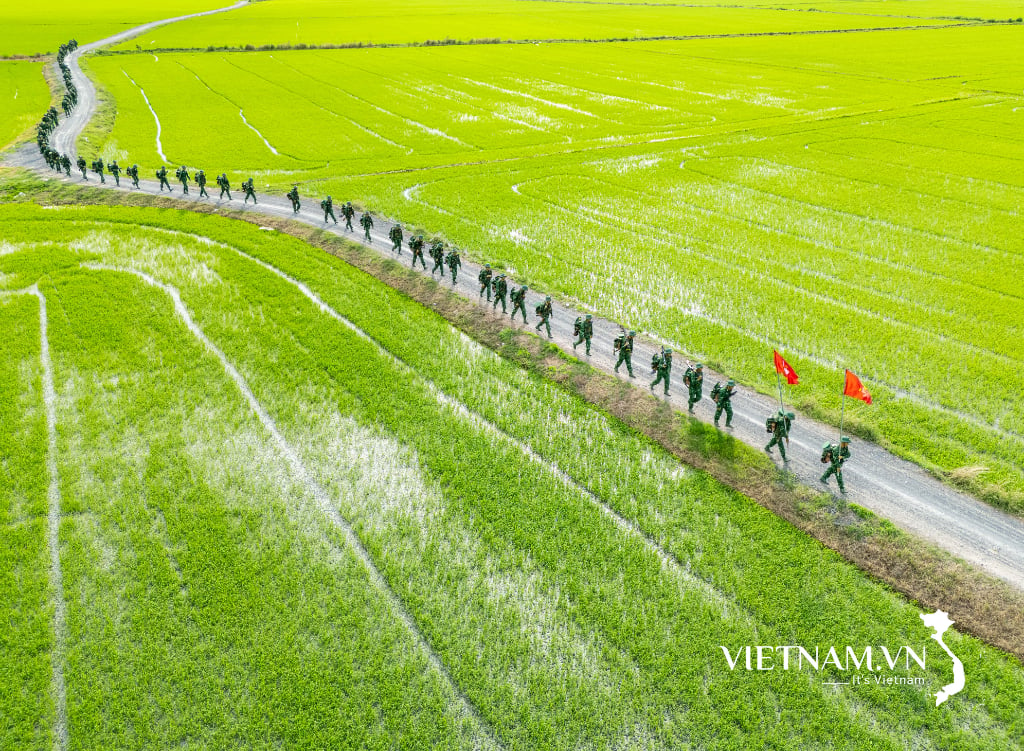
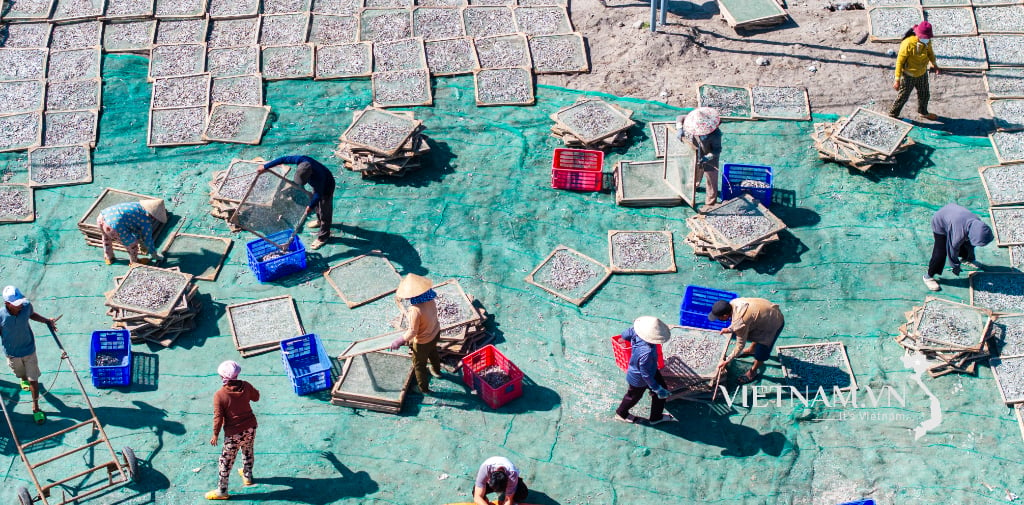
Comment (0)